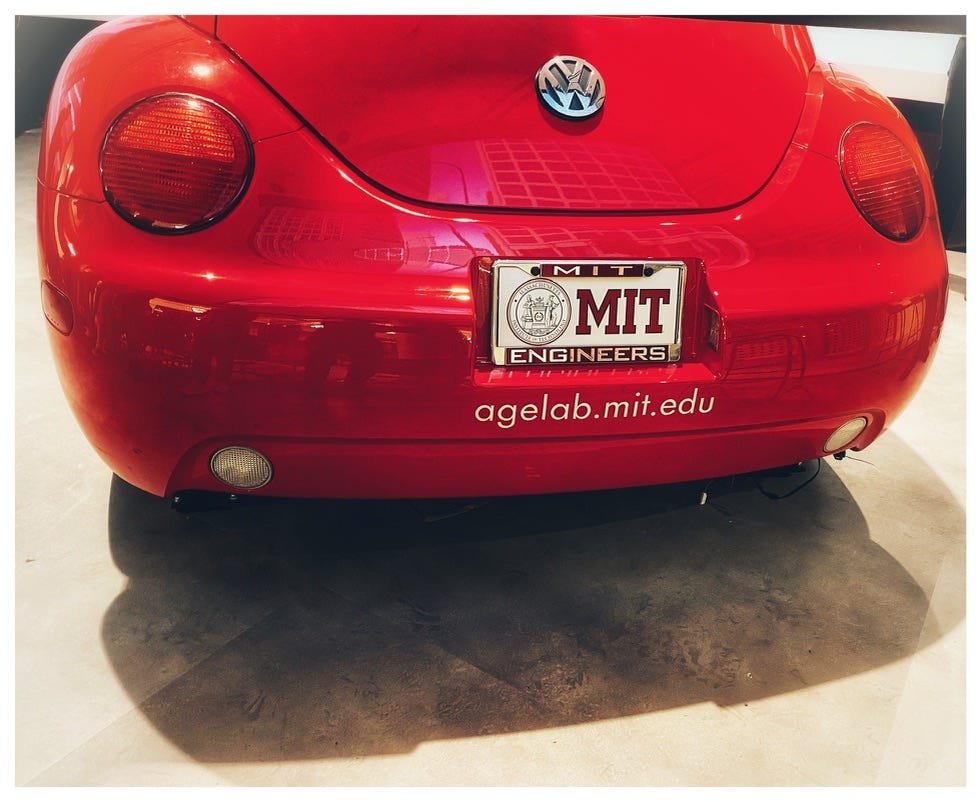Phew! Another super intense week and by Friday night, I literally melted into bed after a Season 2 finale to Bridgerton (more on that one day). I slept 10 hours and was gifted the title of this blog by my yoga teacher this morning in class. Isn’t it funny how sometimes you hear something and it hits with a resounding th…
Keep reading with a 7-day free trial
Subscribe to Elderberries to keep reading this post and get 7 days of free access to the full post archives.



